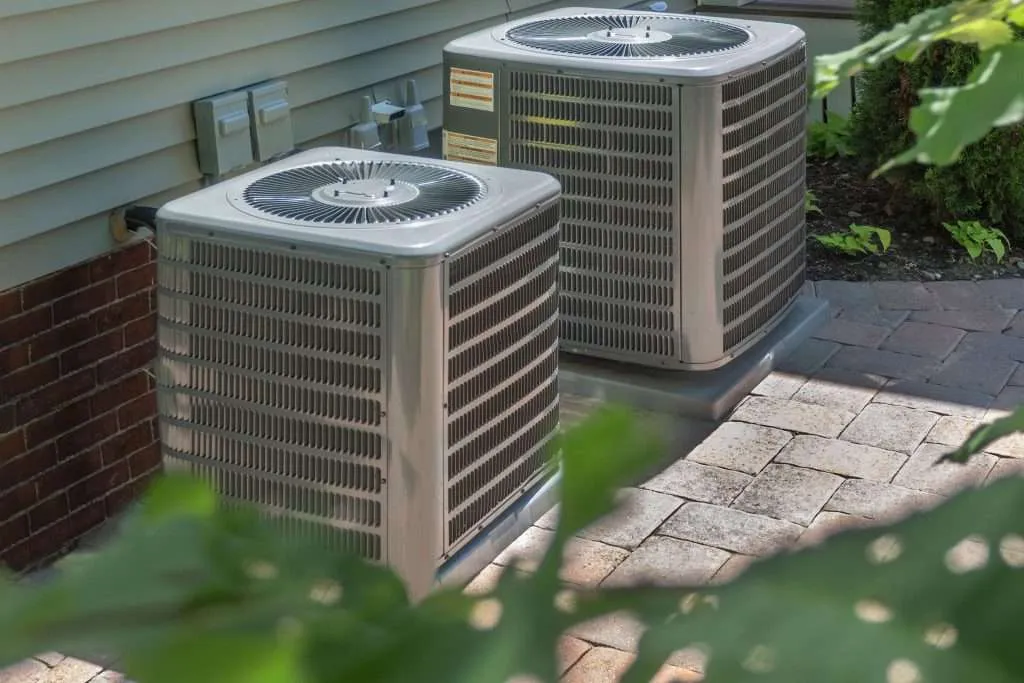Choosing an AC for a home in Hawaii is different from other places. The weather is warm and very humid most of the year. Homes face salty ocean air that can cause harm to AC units. Electricity prices in the state are higher than in many other states. Many houses have open designs that affect how cooling works inside. This article gives clear tips to help people find the best low-cost unit for their houses.
- Think About the Humid and Salty Air
Hawaii has high humidity all year. While looking for affordable AC systems for sale in Hawaii, make sure they can remove extra wetness from the air to keep areas comfortable. Without good humidity management, houses can feel sticky and damp. This leads to problems with mold and mildew. The salt air can also cause parts of the AC unit to rust faster than normal. It is best to select models that are protected against rust. Some ACs have strong materials or coatings that protect against salt harm.
- Pick an AC That Controls Humidity Well
It is important to get air conditioning that can handle humid air well. Some systems have compressors that change speed to adjust how fast they run. This helps remove wetness steadily instead of turning on and off all the time. Ductless mini-split units are also good for controlling the humidity in different areas separately. A unit with a built-in wetness remover can improve comfort in very damp areas. Good humidity management keeps the air fresh and helps protect the home from wetness.
- Choose the Right Size for the Climate
The size of the AC unit affects how well it cools. A unit that is too large will cool the air quickly but leave the room feeling damp. A unit that is too small will have to work too hard on hot days. Hawaii has warm weather all year, and houses may get a lot of sunshine. The size needed depends on how big the house is, how much sun comes in, and ceiling height. Using a guide based on BTU (British Thermal Units) helps pick the right size. This improves comfort and keeps electric bills lower.
- Look for Energy-Saving Features to Cut Costs
Choosing an energy-saving AC helps save money. Look for units with high ratings like SEER or EER. These models use less power to cool the same amount of space. Some systems include smart controls, timers, or eco-modes to reduce wastage. Saving energy also means less wear on the unit. Over time, this lowers power bills and helps the environment.
- Pick ACs That Are Easy to Clean and Maintain
The salty, humid air in Hawaii can make AC filters and coils dirty faster. It is helpful to pick units with filters that are easy to remove and clean. Regular cleaning keeps the unit working well. Some models have traps or drain designs that handle wetness better and avoid clogs. Easy upkeep means the unit will last longer without many repairs. It also means less time and cost spent on service calls.
- Make Sure Your Home Is Well Insulated and Sealed
Keeping cool air inside is important. Many houses in Hawaii have large windows or open areas that let warm air in. Adding insulation and sealing cracks around doors and windows helps. This reduces the cooling load on the AC unit. Better insulation can allow the use of a smaller, cheaper unit that still cools well. These changes lower electric bills and improve comfort.
Finding the right affordable AC systems for sale in Hawaii means understanding the local weather and home designs. The unit should handle heat and high humidity while resisting salt air harm. Choosing the right size and energy-saving type helps save money. Easy cleaning and good home insulation add to long-term comfort and savings. Following these tips helps people stay cool and comfortable all year without overspending.

